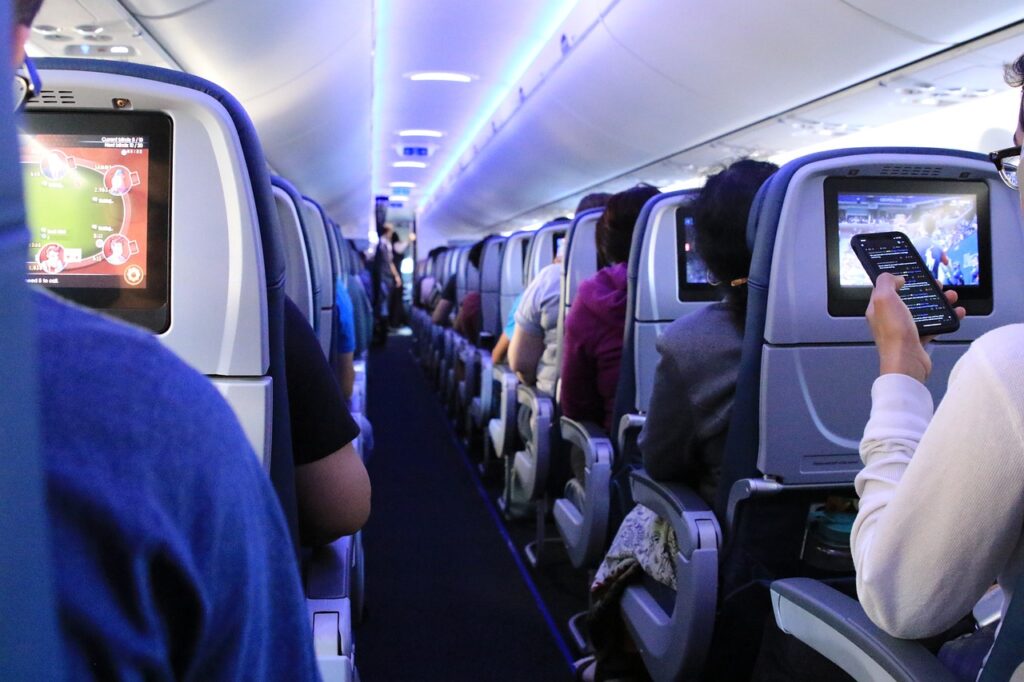US-Colombia Trade Crisis Ends After Migration Flight Agreement

The United States and Colombia stepped back from a potential trade war on Sunday after a dispute over deportation flights, with Colombia agreeing to accept US military aircraft carrying undocumented migrants following threats of steep tariffs and visa restrictions from President Donald Trump.
Initial Confrontation and US Response
Colombian President Gustavo Petro initially blocked US military flights carrying deportees from landing, citing concerns about the treatment of migrants and referencing footage of deportees in Brazil being restrained during flights.
In response, Trump announced plans to impose a 25% emergency tariff on all Colombian imports, which would increase to 50% within a week. The measures also included travel bans and visa revocations for Colombian government officials and their families.
The White House suspended visa processing at the US embassy in Bogota and threatened enhanced border inspections of Colombian nationals and cargo. Trump later posted on his social media network Truth Social that “these measures are just the beginning.”
Colombia's Initial Stance and Retaliation
Petro swiftly responded to Trump’s announcement by promising to impose retaliatory tariffs of up to 50% on US imports.
Colombia’s president insisted he would not accept migrants who were not treated with “dignity and respect” and offered the presidential plane as an alternative for deportation flights.
In a lengthy statement on social media platform X, Petro declared that the US “cannot treat Colombian migrants as criminals” and stated “You will never rule us. The warrior who rode our lands, shouting freedom, who is called Bolivar, opposes us.”
Resolution and Agreement Terms
Late Sunday, Colombian Foreign Minister Luis Gilberto Murillo announced that officials had “overcome the impasse” and would accept citizens deported from the US.
The White House confirmed Colombia had agreed to all of Trump’s terms, including “unrestricted acceptance of all illegal aliens from Colombia returned from the United States, including on US military aircraft, without limitation or delay.”
Draft orders imposing tariffs and sanctions on Colombia would be “held in reserve, and not signed, unless Colombia fails to honor this agreement,” according to the White House statement.
Trade and Economic Context
The US-Colombia trade relationship generated $33.8 billion in two-way trade in 2023 and a $1.6 billion US trade surplus, according to US Census Bureau data.
Colombia, as the third-largest US trading partner in Latin America, relies on access to the US market for about a third of its exports, representing approximately 4% of its GDP.
The two countries’ trade relationship is largely based on a 2006 free trade agreement that has facilitated significant economic exchange between the nations.